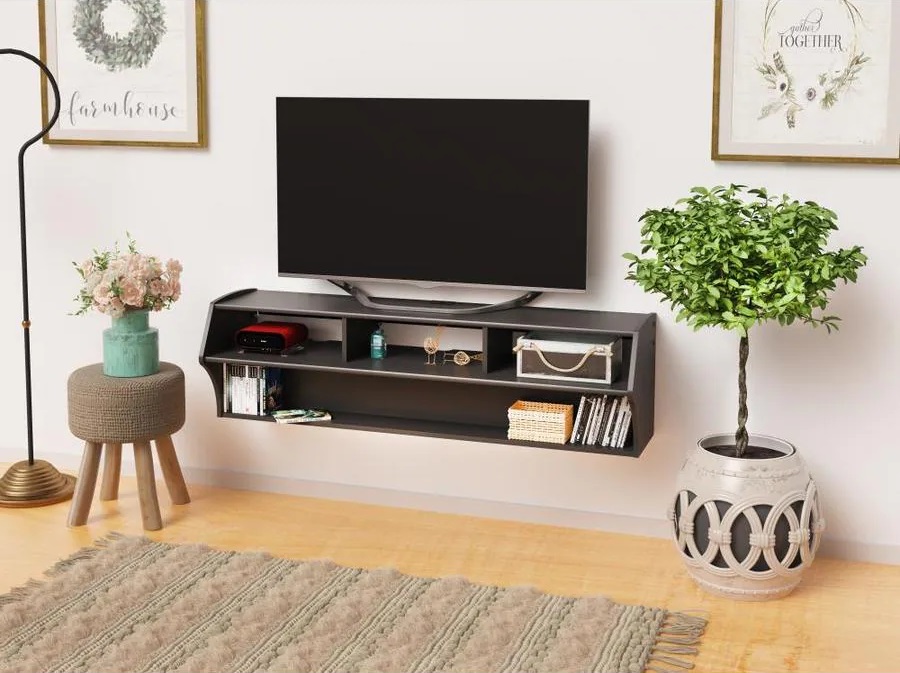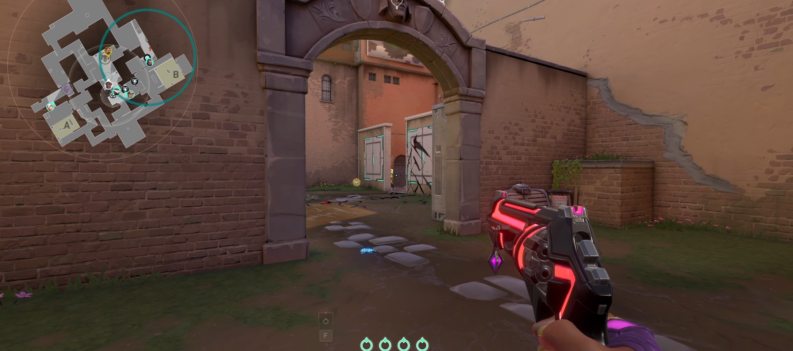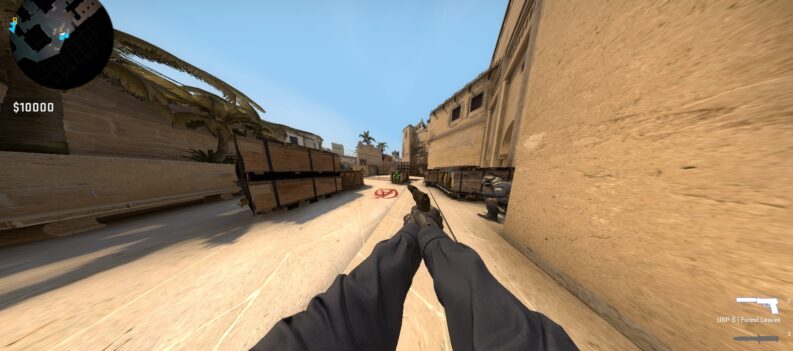Some people have no clue when it comes to TV distance and height. Where distance is concerned, some are right up on that sucker to the point where not even peripheral vision can capture all of the picture. Those on the opposite end of the spectrum might as well break out some binoculars to see the finer details of what they’re watching.

And then there’s height. There are those who place their TV fairly close to ground level. Not great but close, at least. There are others, however, who prefer to crane their necks to an 80 degree angle and fix their eyes on the point where the wall meets the ceiling. There’s a whole Reddit group dedicated to the latter issue. The images you’ll find there are maddening.
I call people who make TV viewing uncomfortable — for whatever reason — “Michael Scotts.” If you’ve seen The Office, you know exactly why.
Folks, there is a better way.
Today, you’re going to learn about where you should place your TV for optimal viewing. This knowledge isn’t some deep dark secret. It isn’t something you even have to pay for. It’s a table of all things — a table — that shows you how far away your TV should be from where you’re sitting. And as for height? That, also, is dead simple.
The recommended TV distance
There’s a fine balance you want to strike here. You want to be close enough to get the benefit of your TV’s resolution. You also want to be far enough away that you aren’t seeing individual pixels. With that, here’s the table you should refer to when choosing a TV distance, courtesy of the folks at RTINGs. The first column is the size of your display. The second column is how far away you should be sitting.
| TV display size | Distance from TV |
| 32-inch | 4.5 feet |
| 40-inch | 5.6 feet |
| 43-inch | 6 feet |
| 50-inch | 7 feet |
| 55-inch | 7.7 feet |
| 60-inch | 8.4 feet |
| 65-inch | 9.1 feet |
| 70-inch | 9.8 feet |
| 75-inch | 10.5 feet |
| 80-inch | 11.2 feet |
| 85-inch | 11.9 feet |
The recommended TV height
According to Tom’s Guide, the most comfortable place for your TV is eye level. That is, you try to line up the center of the display with the level your eyes are at while you’re sitting. Not mounted in the top corner of the room. Not down on the floor. Eye level.
Of course, you’re probably not going to be the only one watching that TV, so you may not feel it’s wholly fair to use just your own eye level. One thing you could potentially do is try to find the average eye level of everyone who will be using the TV, and try to land the height somewhere at or close to that measurement. Your dog may watch a bit of TV with you now and again, but it is not recommended you take their eye level into account. Humans only.
It’s that easy
Even if you don’t go about doing all the measurements — or if you really just don’t have room to make everything perfect — adhering to the general concepts here should at least help. Especially where TV height is concerned. Under no circumstances should your TV be above your head, ever. If you plan to use it a lot, you are going to cause yourself a lot of discomfort.

Don’t be like this person here. Put your TV in a smart place and you’ll be able to watch movies and play games for hours. And you won’t need a visit to the chiropractor afterward.















